Making Death Thinkable: A Psychoanalytic Contribution to the Problem of the Transience of Life
$31.05
Description
Man’s perception of the finite nature of life is always present, resulting in anxieties of varying intensity, depending on the person’s character and on the phases of life he is going through. De Masi is aware of the philosophical, sociological, religious or mystical approaches to the problem of death, but he chooses to focus on, and remain within, the theoretical frame of reference of psychoanalysis. He explores how different psychoanalytic theories have addressed the issue of death, its presence or absence in the unconscious, as well as the implications of the theories of the death instinct on a more strictly clinical and technical level. Moreover, De Masi is interested in thinking about the psychological resources available to man, to make death thinkable, when its inevitable occurrence needs to be faced. He is concerned with the transformation of the thought of death, from an unthinkable catastrophic event, to a natural conclusion of one’s existence. As a psychoanalyst, he explores the quality of the anxiety accompanying the idea of the natural occurrence of death, which, however, is a perturbing presence in the mind of the average man of our Western civilization. We might fear, sense and anticipate the death of our loved ones, and we know that when it occurs we will need to face the emptiness that will result. Yet, the emptiness we will leave proves to be unthinkable. What do we mean then by “fear of death,” what is death’s status in our mind, what is it that torments us? Most significantly, how can we conceptualize our fear of death from a psychoanalytic perspective?
Author: de Masi, Franco
Topic: Psychology
Media: Book
ISBN: 1853437832
Language: English
Pages: 157


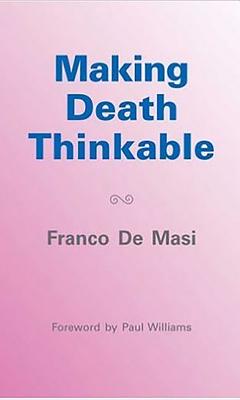
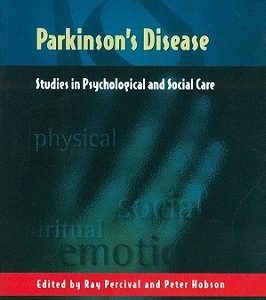




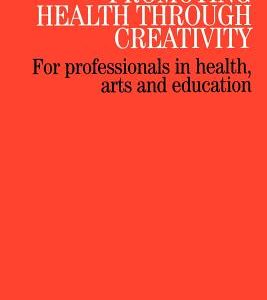


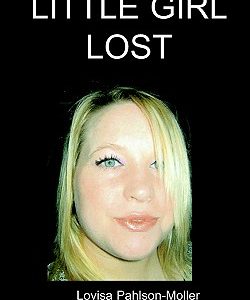
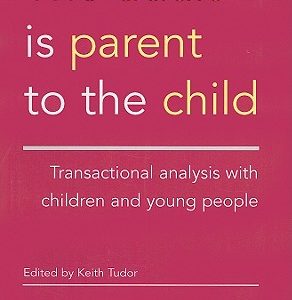
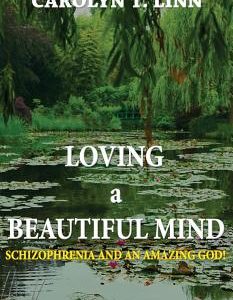
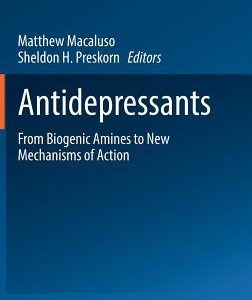
Reviews
There are no reviews yet.